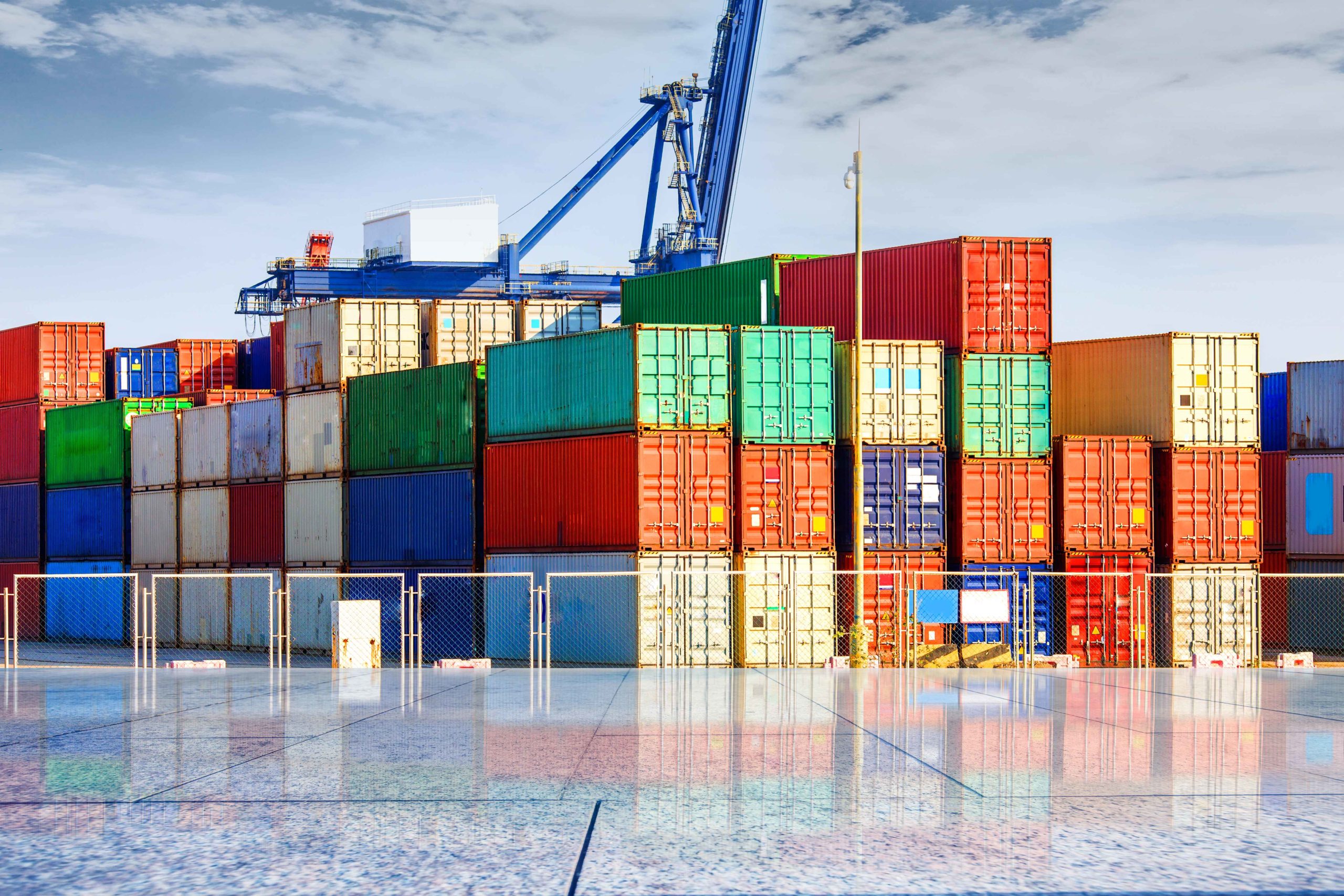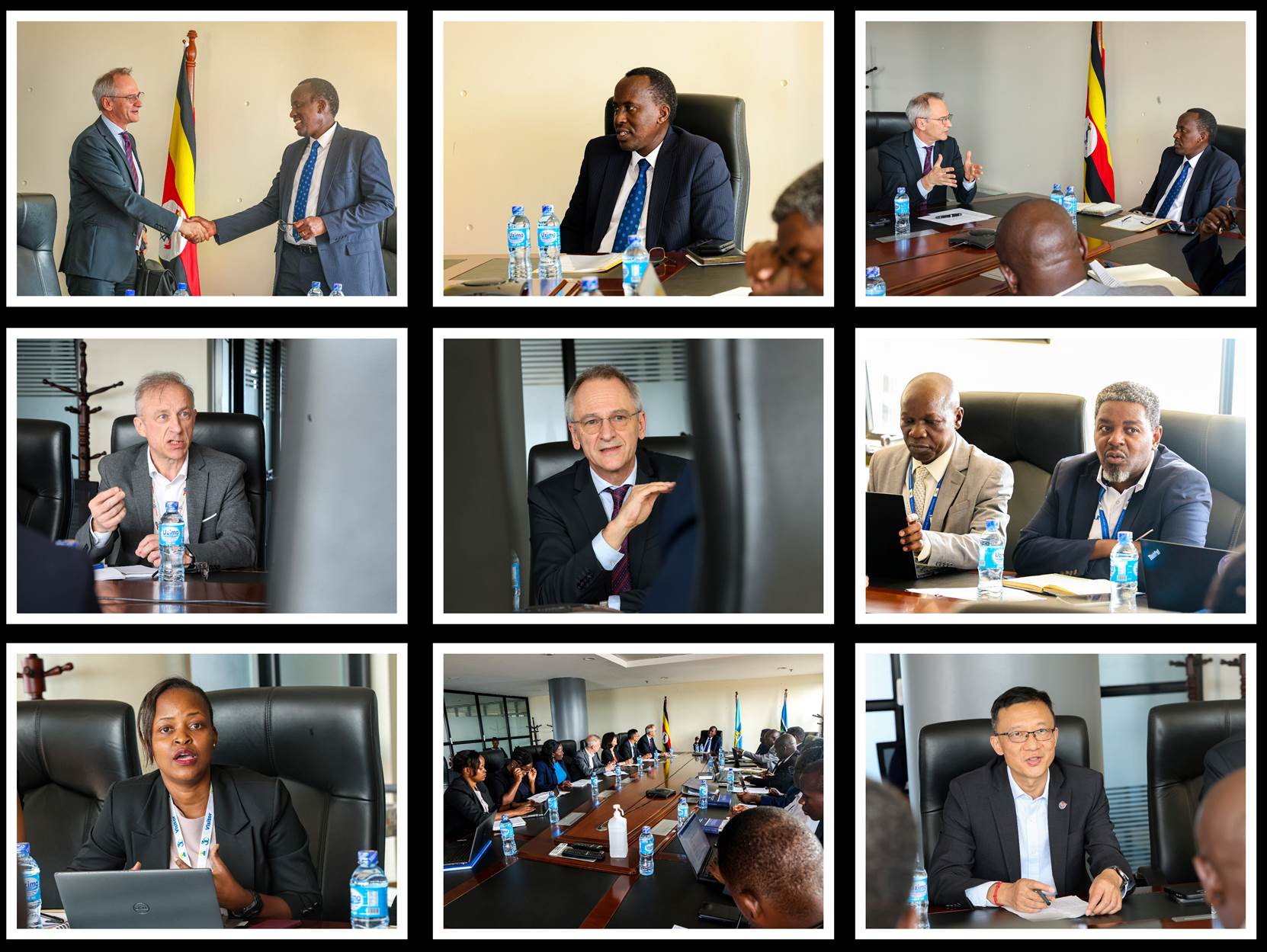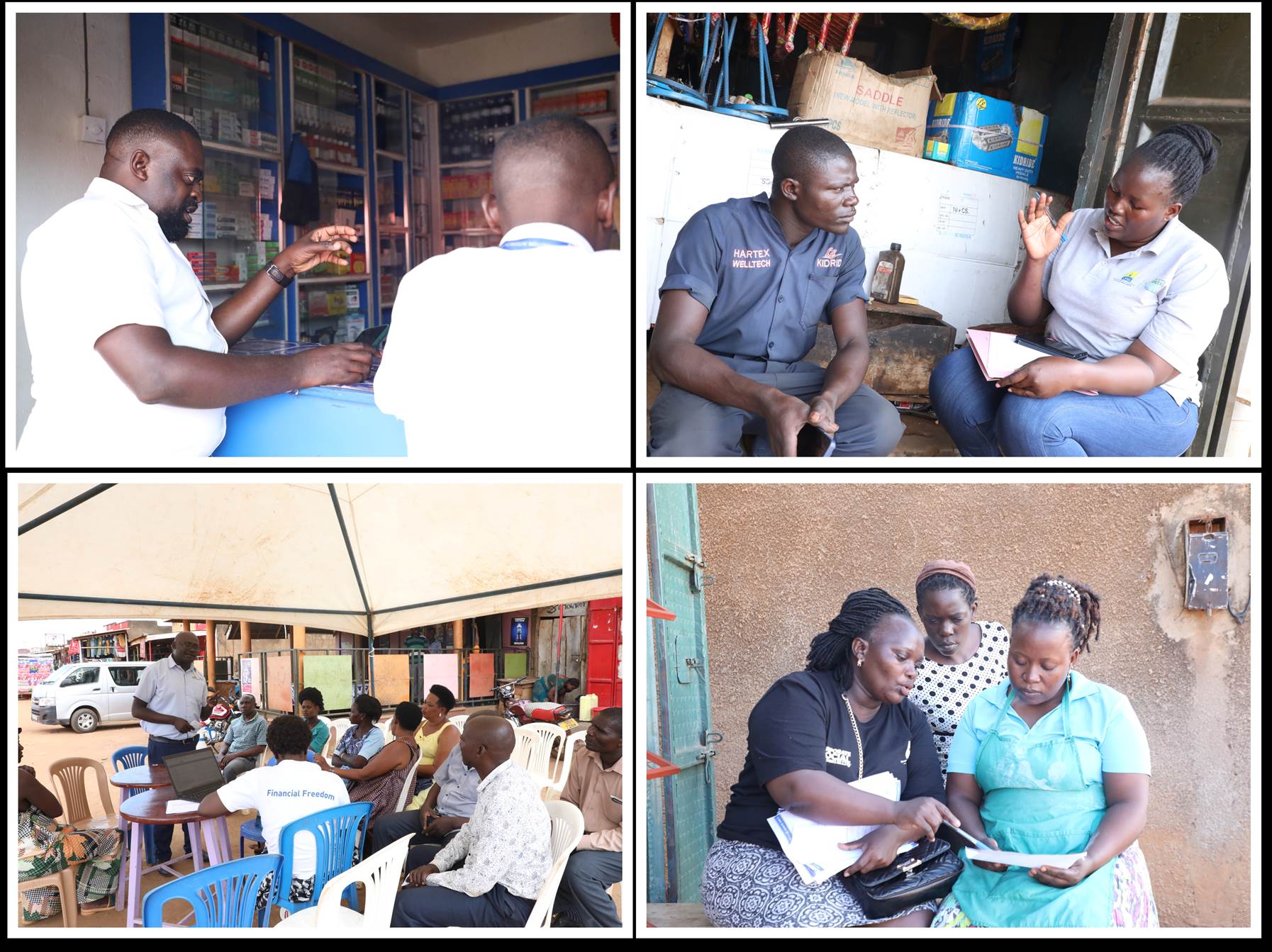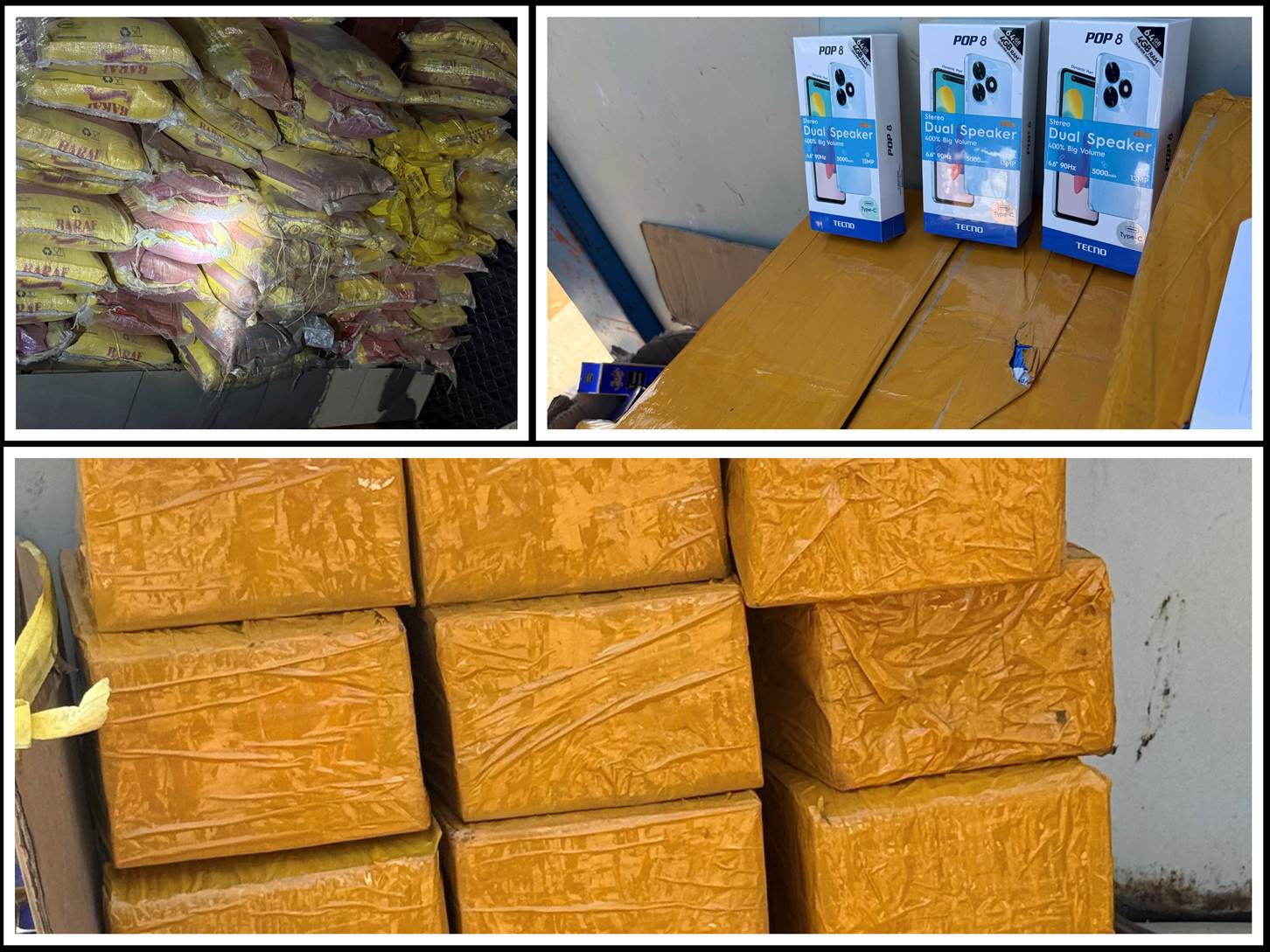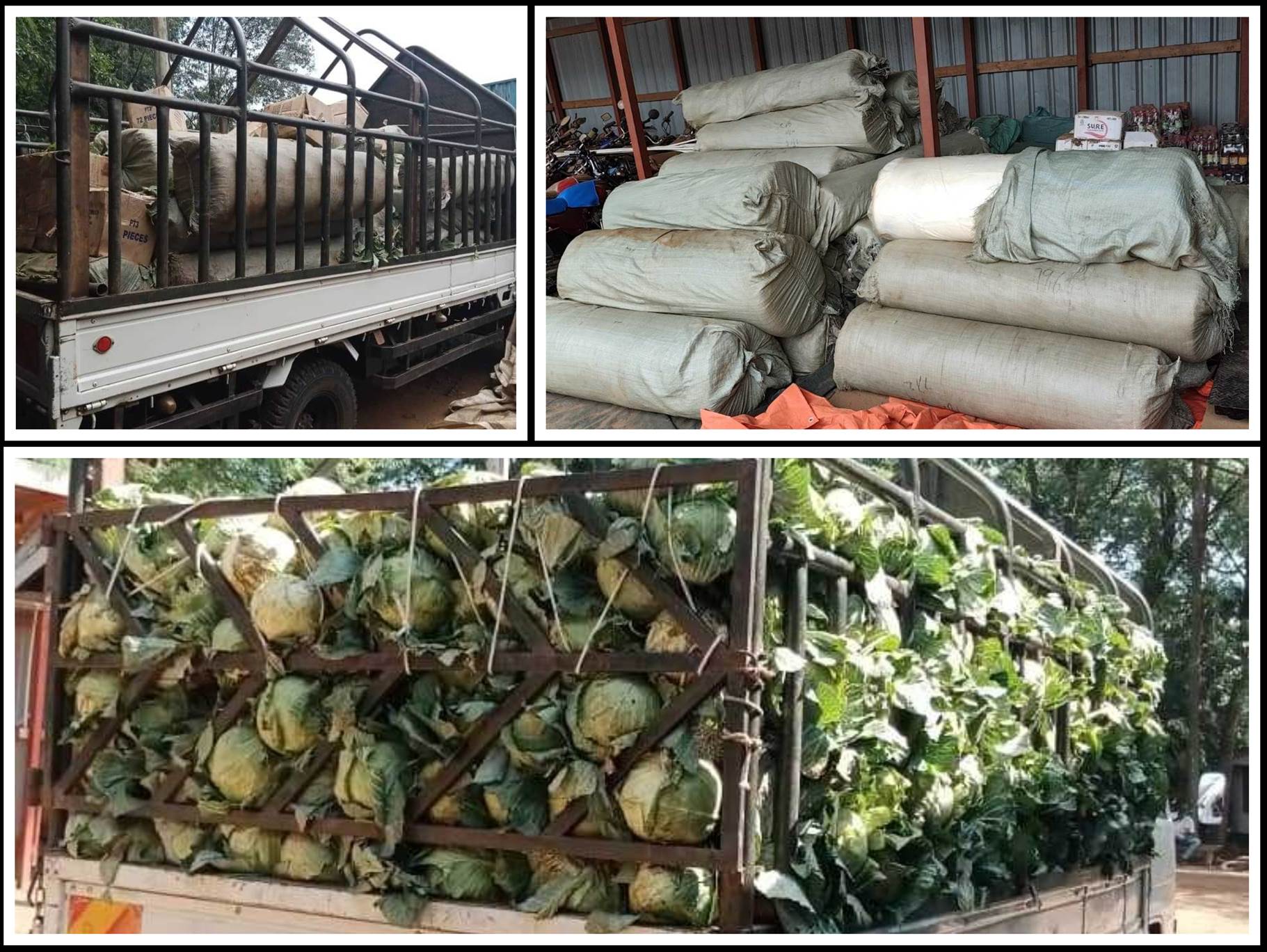By Solomon Kimbugwe
The East African Community Customs Management Act (EACCMA) 2004 empowers the Commissioner Customs to license and regulate the operations of customs clearing agents.
Once licensed, a clearing agent can perform any act required of the owner of goods once duly appointed by the owner of such goods. Appointment and authorization of agents is system-based and done by the owner of goods through the URA web portal.
The appointed clearing agent performs functions on behalf of the importer such as making declarations and participation in the physical examination of goods,
self-assessment of duties and payment thereof, receiving and delivering correspondences, executing or signing documents, appearing before a proper Officer among other roles.
Why is an importer then required to appoint a clearing agent?
Alfred Okoya, a customs officer Legal and Bonds says making an entry is a complex process for an ordinary person without training or experience. Seasonal importers and exporters are typically limited in knowledge of import/export regulations and their nomenclature. As such they can employ a third party as their representative (Clearing agent).
Okoya adds that large retailers or wholesalers usually put in place an in-house clearing unit with qualified individuals who manage their customs transactions. These individuals go through the standard agency licensing protocols to ensure professionalism.
So how does one distinguish between a genuine clearing agent and a fake one?
The agent must possess and display prominently at their place of work a valid certificate (Licenses expire annually by 31st December). URA publishes and maintains a list of all licensed Clearing Agents/firms on the URA website (https://ura.go.ug/reportController/loadListOfAgents).
Genuine Clearing Agents are also equipped with access to the Customs System in their company’s registered name. It is also encouraged for clients to demand personal identification of an individual they intend to deal with to confirm their association with a named licensed firm.
What qualification should a clearing agent possess?
For anyone to be licensed as a Clearing Agent, he/she must be accredited under the East Africa Customs and Freight Forwarders Practicing Certificate (EACFFPC) Program and satisfy the standards of an agent to the Commissioner.
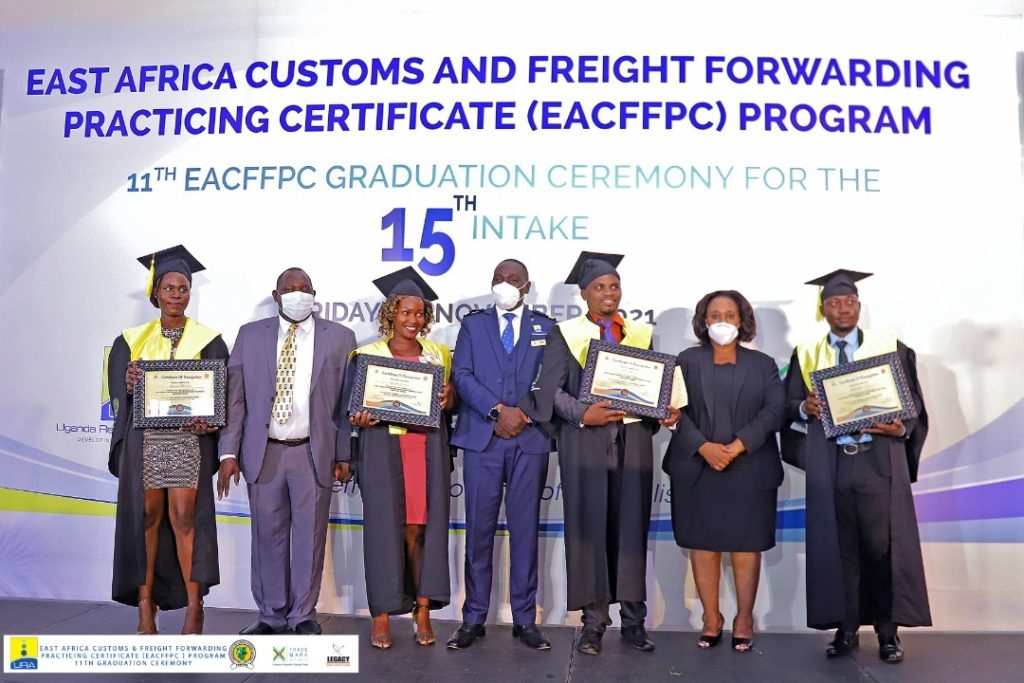
What are the common problems associated with unlicensed agents?
The challenges often faced by importers and exporters are caused by incompetent agents or unscrupulous behavior from fraudulent agents. These challenges also range from delays to payment of taxes that are much higher than the actual valuation. In extreme cases, traders have lost their entire consignments.
On the side of Customs, fake agents have caused a problem of poor data capture because of poor declarations made by unqualified individuals. In extreme cases, URA has experienced the loss of government revenue due to the wrong information declared by some companies often to orchestrate fraud.
Falsified documents in support of applications for licenses, charging taxes not prescribed by the law, failure to account for consignments to the taxpayers and facilitating smuggling are the other threats that fake agents pose for the industry. These are punishable by law as provided for under the EACCMA.
URA therefore urges every importer/exporter to report unprofessional behaviour of some clearing agents. It is the only way we shall rid the industry of un professionalism.
The Writer is a URA Media Officer


